(Correspondent: Wen Ting, Zhou Chunying, Zhao Xingluo, photo: Wang Dongxin) On December 22, 2018, the Second Symposium on "Income and Wealth Distribution of Chinese Residents" was solemnly held in the Nanhu campus of Zhongnan University of Economics and Law (ZUEL). More than 40 experts and scholars from the Chinese Academy of Social Sciences, Fudan University, Nankai University, Xiamen University, Nottingham University, Central University of Finance and Economics, Southwest University of Finance and Economics, Tianjin University, Liaoning University and other universities and scientific research institutions attended the symposium, which was jointly organized by the School of Finance and Taxation of ZUEL, the Institute of Income Distribution and Public Finance of ZUEL, the editorial department of Economic Research, and the editorial department of Economic Perspectives. The opening ceremony of the seminar was presided over by Professor Zheng Hongliang, Deputy Editor-in-chief of Economic Research. Professor Zheng Hongliang ceremoniously introduced the scholars attending the symposium, expressed warm welcome and thanks to them for their arrival, and wished the symposium a complete success.
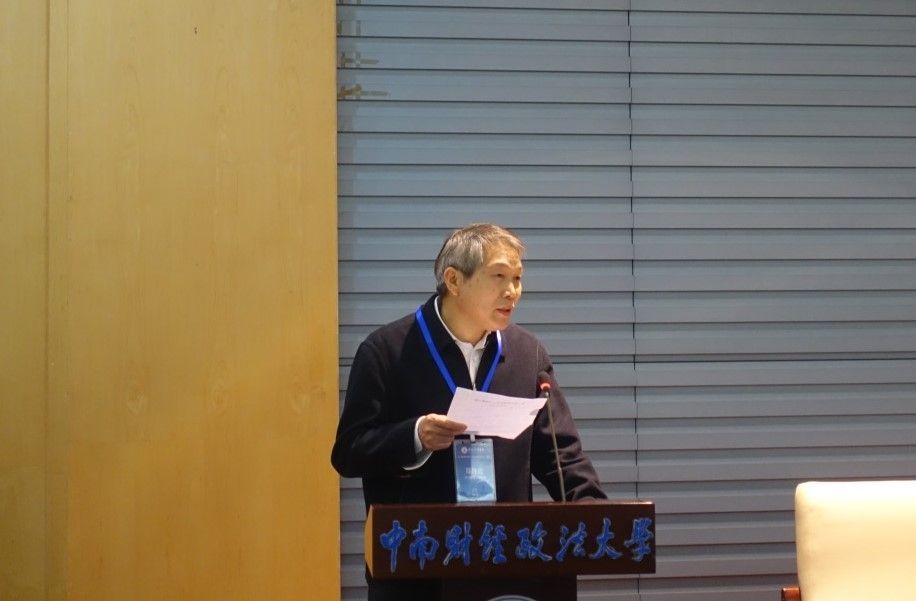
At the beginning of the meeting, Professor Yang Canming, President of ZUEL, delivered a speech. President Yang first extended a warm welcome to all the experts and scholars, expressed gratitude to those of the organizers, and gave a basic introduction to the financial discipline construction and academic exchanges of ZUEL. President Yang hoped that all experts and scholars could conduct extensive discussions on hot, difficult, and basic issues in the field of income distribution at this academic conference, to generate sparks after thinking collision.
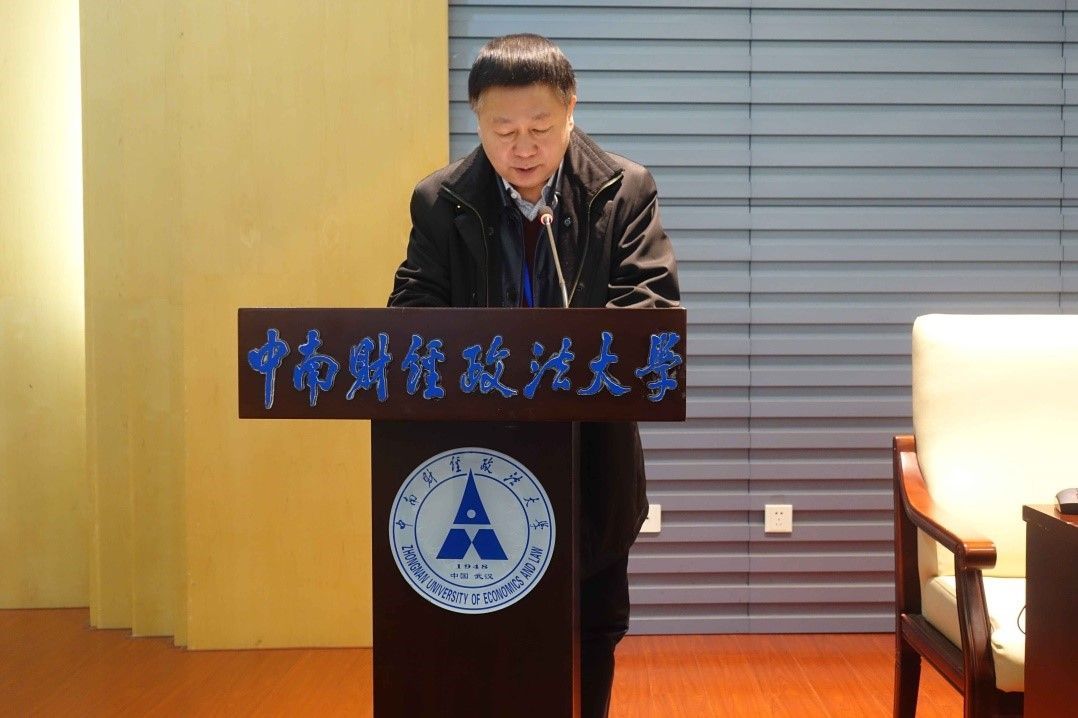
Zhang Yongshan, President of Economic Research magazine, and Hu Jiayong, Executive Deputy editor-in-chief of Economic Perspectives, respectively introduced the background of the meeting and stressed the great significance of this academic seminar. They pointed out that since the reform and opening up, especially since the 19th National Congress of the Communist Party of China, the research on the income and wealth distribution of Chinese residents has been widely paid attention to by government departments and various sectors of the society. This was also an important reason for the convening of this meeting. They hoped to take this symposium as an opportunity to attract more outstanding scholars to devote themselves to the academic research on income and wealth distribution, to provide suggestions for the government's decision-making, and to propose the direction of future research, that is, focusing more on the wealth gap as well as the income gap.
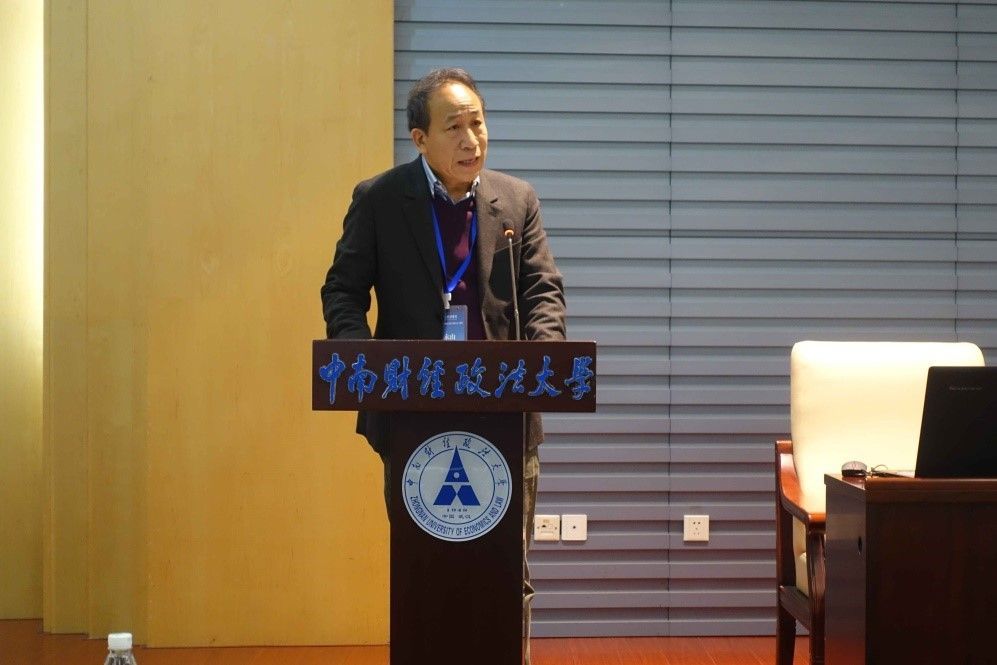
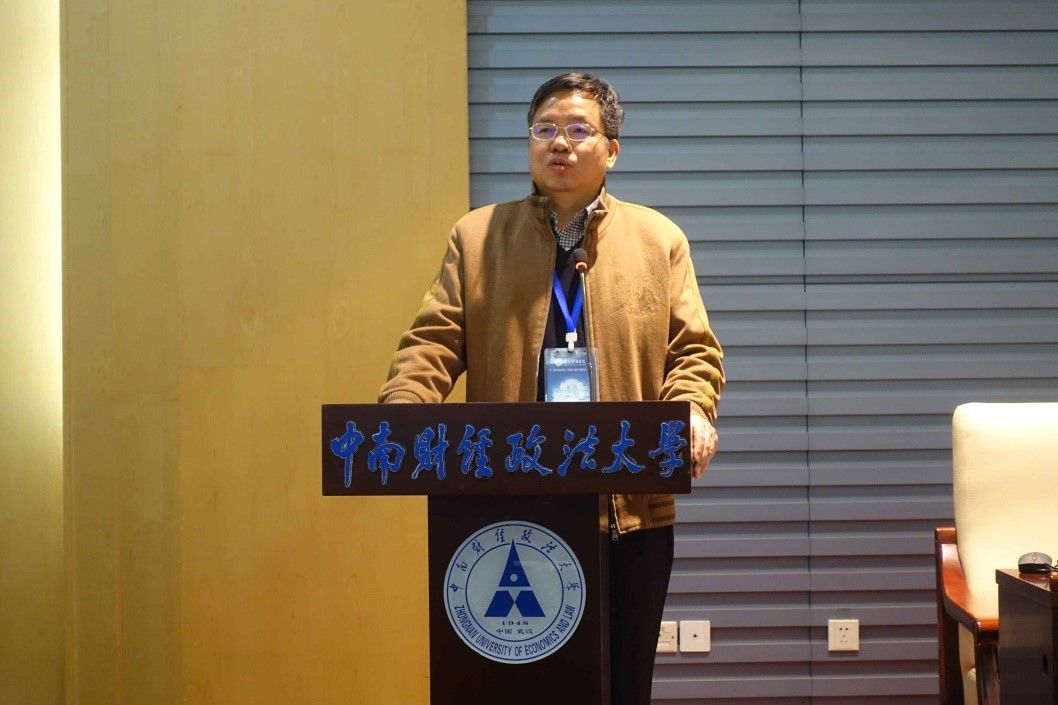
Professor Sun Qunli, Vice President of the Institute of Income Distribution and Public Finance of ZUEL, introduced the "2018 Survey Report on Income and Wealth Distribution of Chinese Residents". Professor Sun made a report from three aspects: the composition of samples and survey reports, the current situation of the gap between the rich and the poor in China, and suggestions for measuring and narrowing the gap between the rich and the poor. He pointed out that to narrow the gap between the rich and the poor, it was necessary to implement measures such as increasing the labor remuneration of low-income people, improving the transfer payment system and the social security system, optimizing the financial expenditure structure and the tax system structure, improving the personal income tax system, regulating and controlling the housing price and collecting the housing property tax, strengthening the restraint on power and fighting corruption.
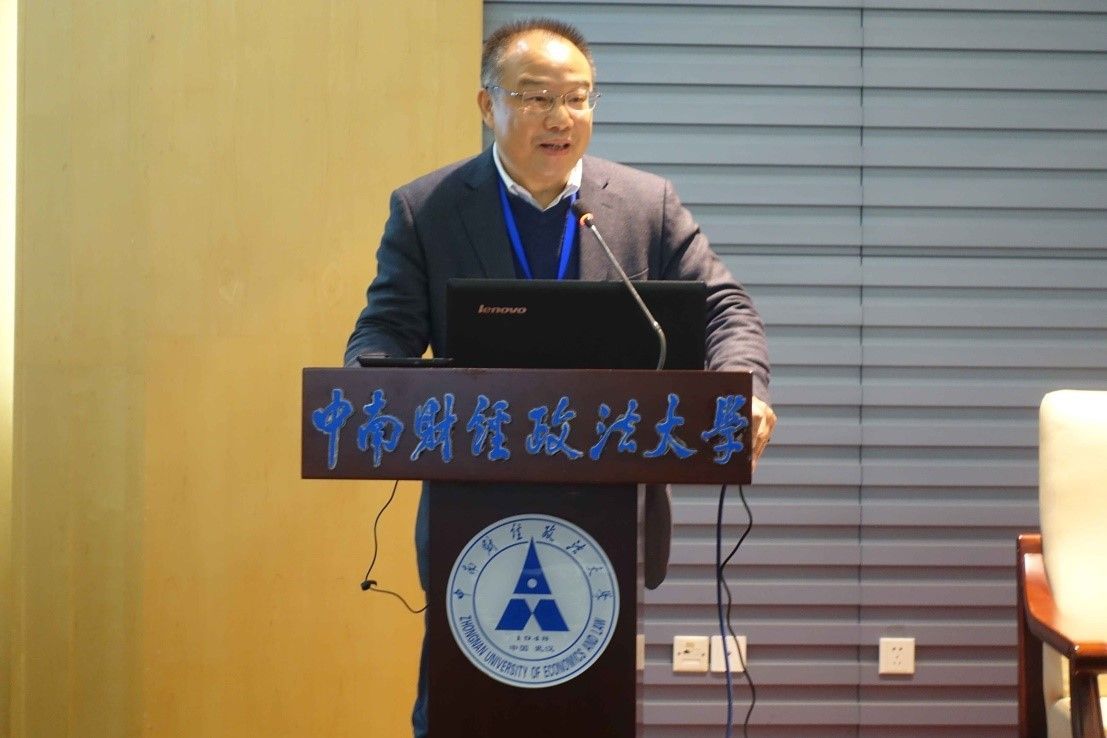
The keynote speech stage was presided over by Professor Zhang Kezhong, Dean of the School of Finance and Taxation of ZUEL.
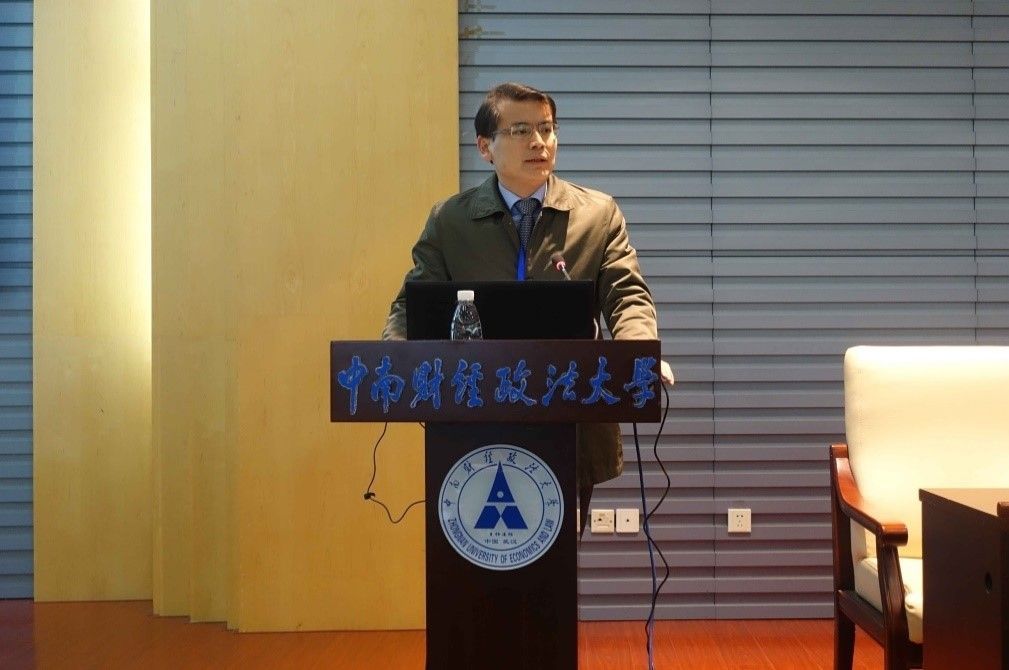
First, Professor Song Lina, Director of the Institute of China Studies at the University of Nottingham, delivered an academic report on the theme “Capital Mobility and Social Welfare”. She pointed out that the accumulation of capital and the liquidity of currency were very important to any country and region. Economic growth could occur along with the accumulation of capital, but monetary liquidity could determine the nature of wealth growth, and it would also involve the distribution of interests and opportunities in society. Therefore, we should pay attention to the unfair distribution of capital flow.
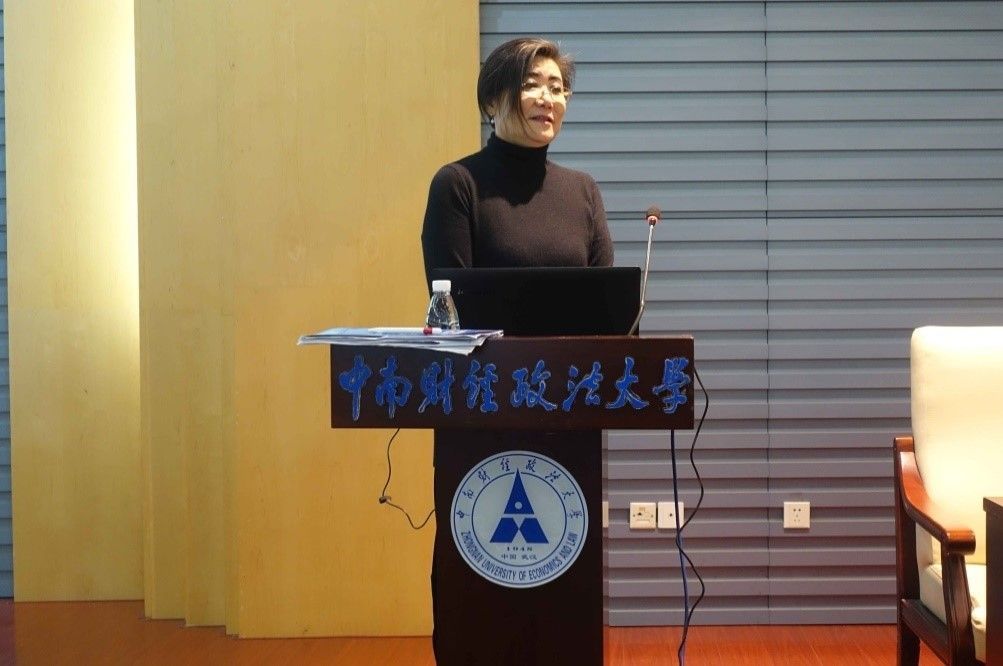
Then, Professor Chen Zongsheng, President of the China Institute of Wealth Economics of Nankai University, gave a report themed "As the Equality of Distribution Results Gradually Improved, the Inequality of Opportunities is still Serious: Summary of Distribution System Reform over 40 Years." He believed that since the reform and opening-up, the equality of distribution results had been gradually improved, but the opportunity inequality still existed seriously. He stressed that the reform of the distribution and incentive system was the essence and core tasks of reform and opening-up, and we should pay attention to the changes in the income distribution pattern. At the same time, it was necessary to improve the "gourd-shaped" pattern, narrow the differences between urban and rural areas, region and the overall differences, and avoid falling into the middle-income trap.
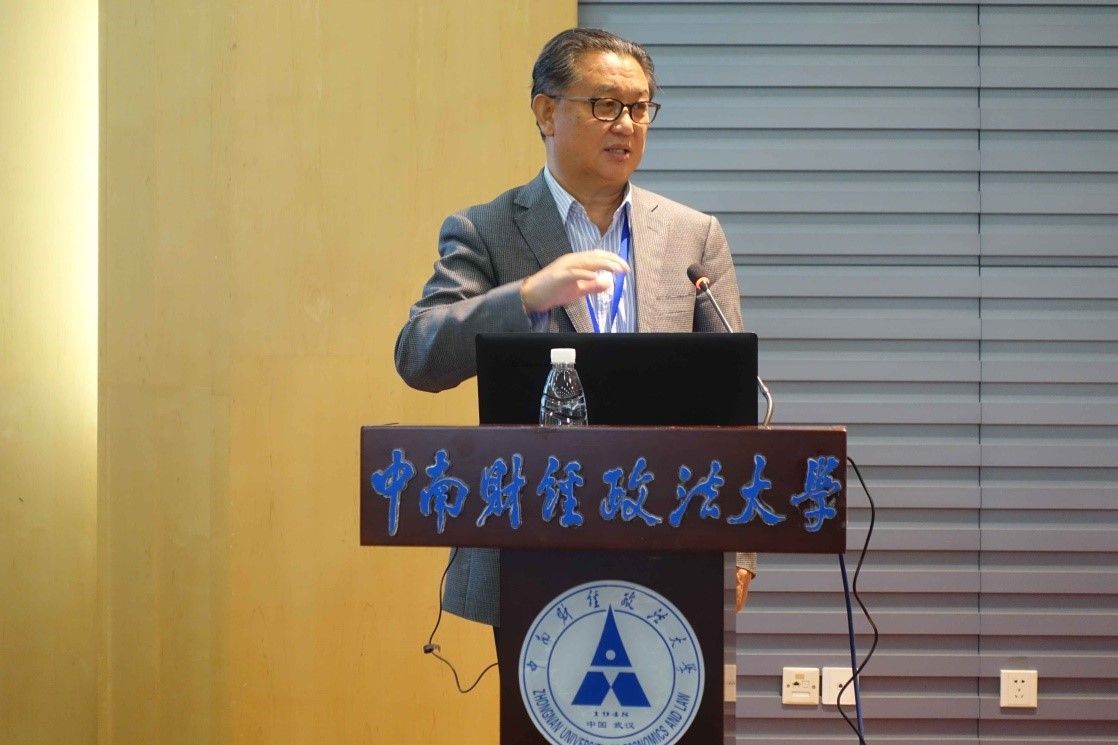
After that, Professor Hong Yongmiao, Dean of the School of Economics of Xiamen University, made a report on the "Changes in the Relationship between International Economic Interests and Income under the Background of Globalization." He pointed out that under the background of the rapid development of economic globalization, China had taken the initiative to participate in economic globalization, given full play to its comparative advantages, sustained stable and high-speed economic growth, and became the world's second-largest economy and the largest industrial country. China's development experience showed that developing countries must abandon the thinking pattern of the "zero-sum game". He added that developing countries could and should boldly integrate into the world economic system, give full play to their comparative advantages, improve the efficiency of resource allocation, and accelerate economic development.
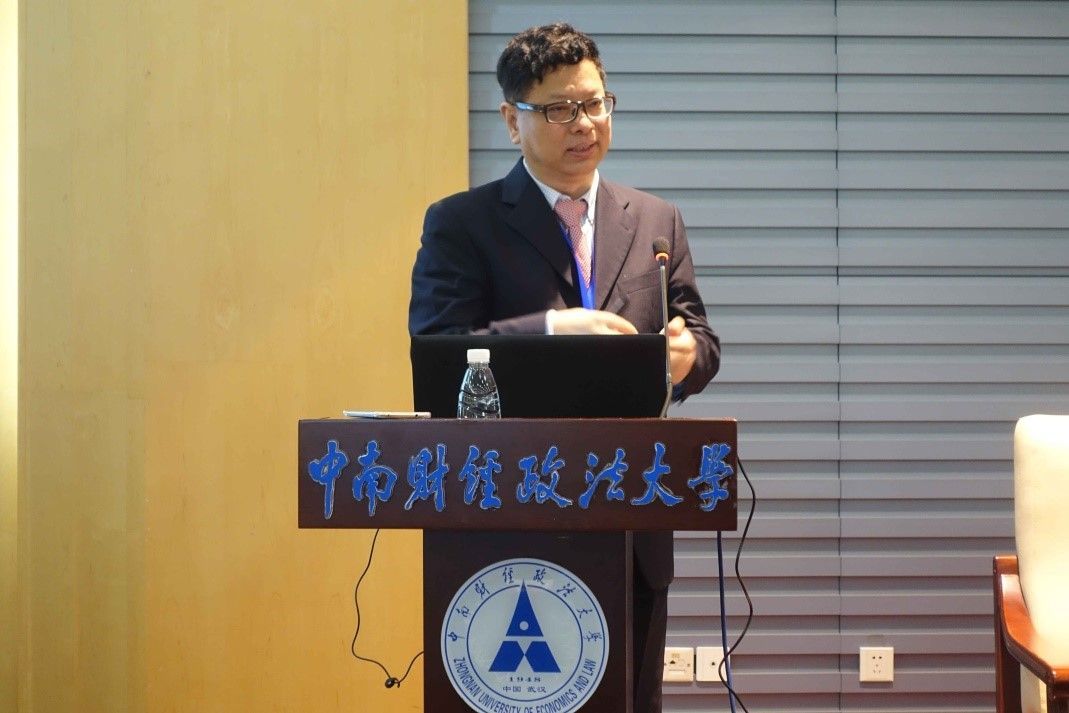
Professor Chen Shiyi, Secretary of the Party Committee of Fudan University's School of Economics, delivered a report named "A Study on the Decline of China's Labor Share", believing that for a long time, consumer demand had not contributed enough to China's economic growth, and the decline of labor share was an important factor inducing the structural imbalance of national income distribution, which was also the motivation of this study. Professor Chen believed that the main reasons for the decline in labor share included the evolution of industrial structure, partial technological progress, and market distortion. He pointed out that the decrease in the relative price of capital and labor was an important driving factor for the decline in China's labor share, and it was necessary to curb the decline of capital-labor relative price.
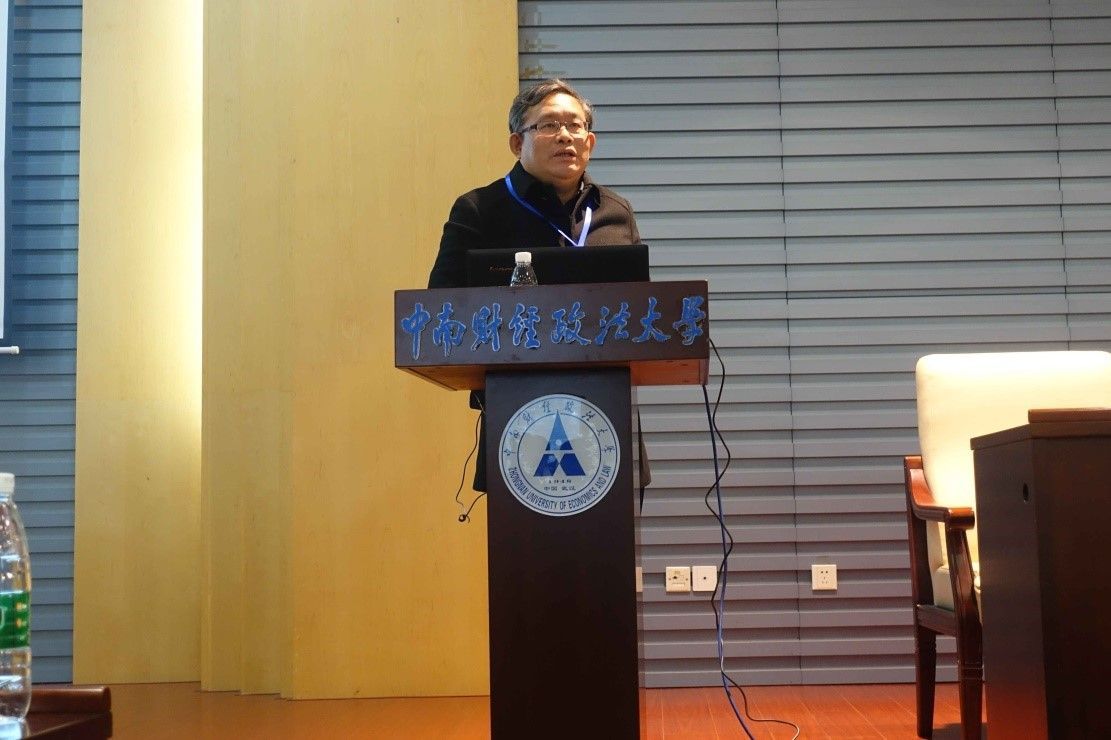
Finally, Yang Xinming, director of the editorial department of Economic Perspectives, made an academic report on the theme of "Income Distribution and High-quality Development of China's Economy," pointing out that high-quality development required a state in which catch-up economies turned to mature economies, aggregate indicators turned to per capita indicators, and government-leading turned to market-driving. To achieve high-quality economic development, it was necessary to increase the proportion of labor income, enhance the social security system and implement tax reduction.
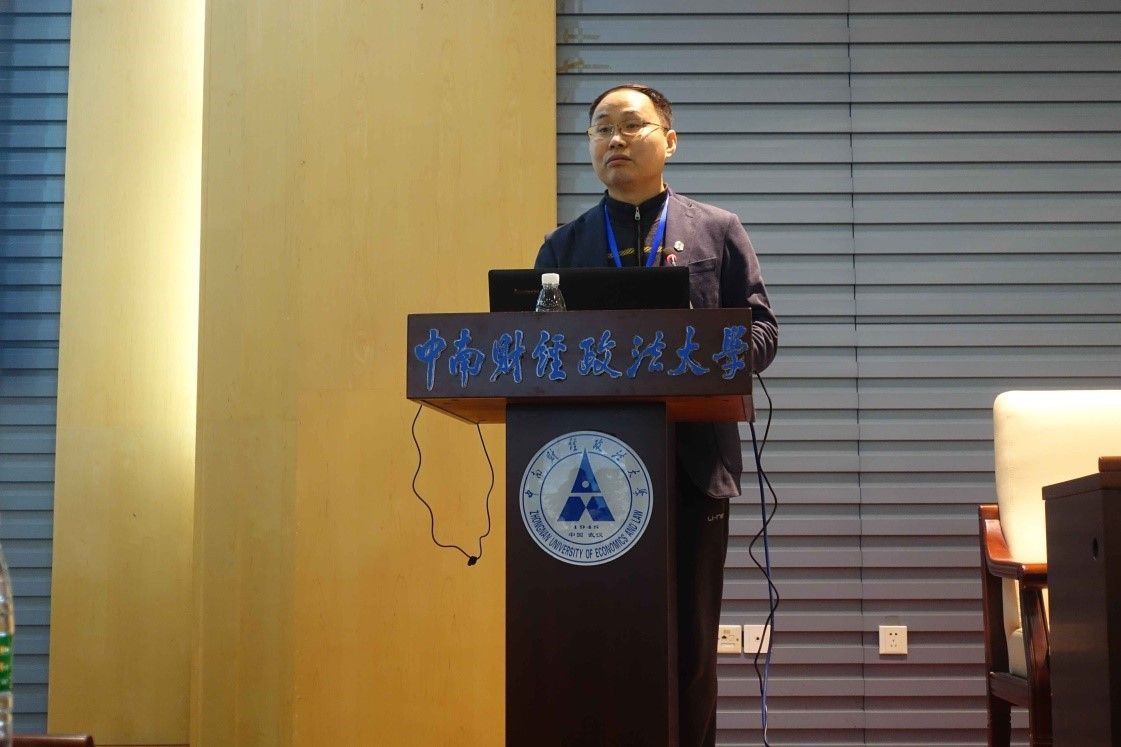
The afternoon seminar had four sub-venues, focusing on four different themes: first, tax policy and income distribution and labor income share; second, fiscal and monetary policy and income distribution, and the governance of income inequality; third, social security and income distribution, inequality measurement and economic impact; fourth, anti-corruption and income distribution, human capital and income distribution. The scholars in the four sub-venues actively exchanged their unique views on relevant topics, put forward targeted questions and gave a series of constructive suggestions.
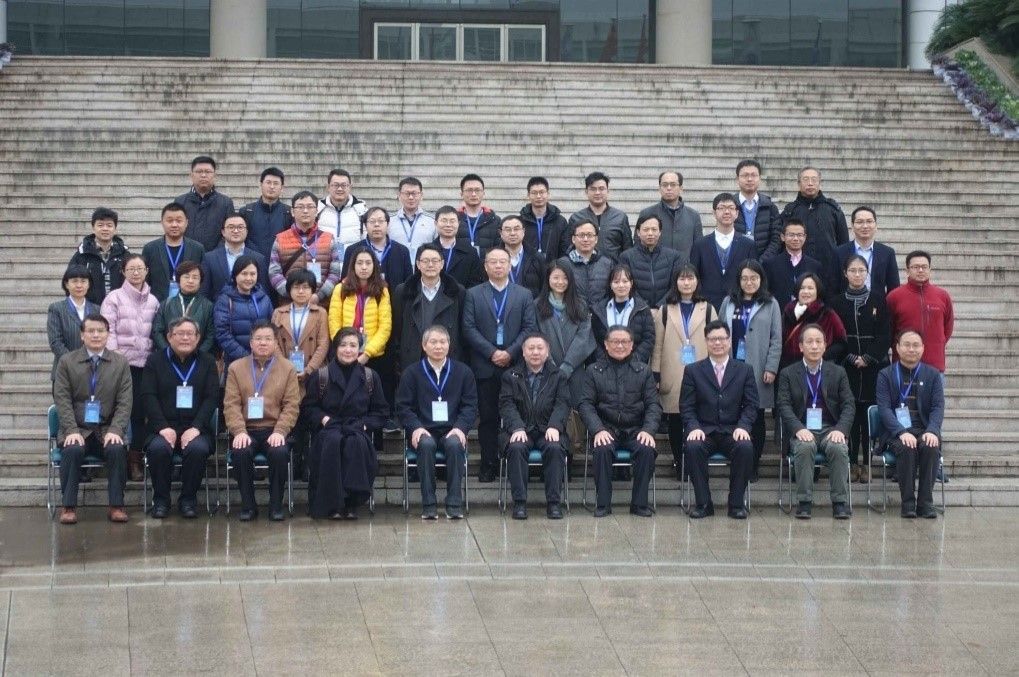
Experts and scholars of this academic symposium conducted in-depth discussions on major theoretical and practical issues of income and wealth distribution of Chinese residents. New progress was made in promoting relevant theories, systems, index calculation, models, policies and guarantee mechanisms of income and wealth distribution of Chinese residents. This enhanced the understanding of scholars present on income and wealth distribution in China, and also provided useful thoughts and references for relevant departments and all sectors of society in China.
